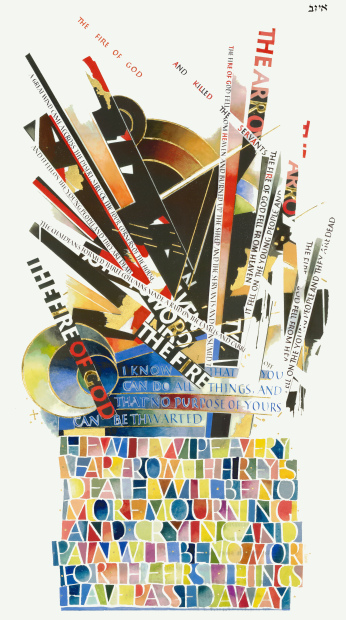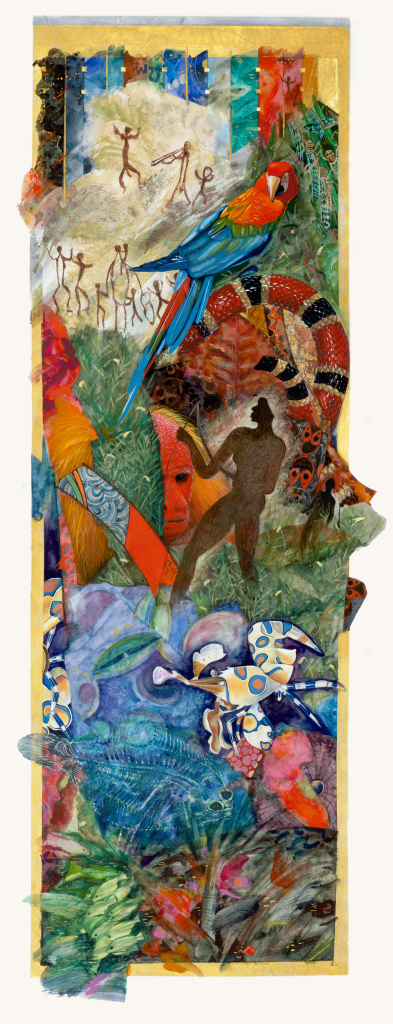 When I collect student papers, I ask students to include a reflection, a short description of what they feel are the strengths and weaknesses of their writing. One of my students, on a recent assignment, noted with sincerity how much she enjoyed putting her thoughts into words, and how much she wanted to become a better writer. Sadly, her writing was not excellent work. It wasn’t terrible either, but I know this student will be disappointed in her grade, and my heart hurts for her.
When I collect student papers, I ask students to include a reflection, a short description of what they feel are the strengths and weaknesses of their writing. One of my students, on a recent assignment, noted with sincerity how much she enjoyed putting her thoughts into words, and how much she wanted to become a better writer. Sadly, her writing was not excellent work. It wasn’t terrible either, but I know this student will be disappointed in her grade, and my heart hurts for her.
I am especially touched because ten years ago, I was that student.
I started my freshmen year confident in my writing abilities. Taking English Composition did nothing to knock me down a peg; I did better than most of my classmates, and received a strong final grade in the course. But then I took Expository Writing. My first paper received a C. My second paper received a C. My third paper received a C. I revised them all, but try as I might, for the first ten weeks of the semester I received nothing higher than a B minus on my papers.
I know from personal experience how disappointing it can be to receive a poor grade, when you think you’re good at writing and love it. And that disappointment does not go away quickly. In fact, it returns again and again, as we discover, and overcome, new weaknesses in our writing.
Years after I took Expository Writing, when I had improved enough that I’d begun to think of myself as a good writer, I wrote a thesis for my masters’ degree. I was proud of my work when I turned in my rough draft, all 120 pages of it, to my major professor. I was horrified when he turned it back, complaining of its wordiness and its vague and unconvincing analysis. I tried to make the corrections suggested, returned the thesis to him, and again received the same complaints. I felt as though I were caught in a time warp, back in my freshmen year and beating my head against the wall in a fruitless attempt to become a better writer.
The truth is, becoming a better writer is not something that happens overnight. We expect it to, deluded by a society which offers 10-week fitness plans and pizza on delivery into thinking that the things we want should come quickly and easily. But learning a new skill is not that easy.
For me, becoming a good writer took years. Indeed, I am still becoming a better writer; this blog post, for instance, probably suffers from wordiness, a chronic weakness of mine. When I think of my students, I am gladdened by their interest in improving their writing, but I worry that interest will not survive the long learning process. I worry that after a poor performance or two, my students will throw their hands in the air, declare themselves bad writers, and give up. I want to reach out to my students and say, Don’t give up. Learning to write may be a long process, but it is so very worth it.
This is not to say, of course, that the process is easy. Far from it. It can be emotionally wrenching. I know that receiving negative feedback on their writing crushes some of my students, because receiving negative feedback crushed me. When I took Expository Writing, my teacher recorded comments on cassette tapes. I took the tapes to the library to play, and when I learned that I had received yet another C, that I had committed the same errors in one paper that I had in the last, I folded my arms across the tape player, put my head down, and sobbed. I owe a great deal of thanks to my freshman RA, who listened to me vent about Expository Writing, and to my parents, who listened to me vent about my thesis work.
I wish I could make writing a wholly positive experience for my students. I wish I didn’t have to disappoint them with bad grades, and with the truth that they have a long ways to go yet to become a good writer. But that’s not the way that learning works. It hurts to discover weakness, and to turn that weakness into strength. There is no way to remove the pain from the learning process and still learn.
I’m somewhat embarrassed that learning to write made me cry, but I am a better writer today because after every good cry, I picked myself up and went back to work. There was nothing else do to, of course; I was enrolled in a class. But because I picked myself up and tried again, I got better.
I hardly feel as though my experience is a good example for students, since although I persevered, I complained and wept through the whole process. But persevere I did, and I want my students to persevere too. Even if they complain about their grades, even if they cry over them, I want them to pick themselves up and try again. There is no other way that they will become good writers; I cannot zap them and magically transform them into good writers. Learning is something you have to do for yourself; no one else can do it for you.
We live in an culture which assumes anything worth doing comes naturally, and quickly. We live in a culture which conflates data with knowledge, and knowledge with wisdom; data can be swiftly memorized, and thus students assume that they can swiftly become experts in any given field. Those of us who teach in fields which seek to shape students’ habits of mind know this to be false, and to our students we must pass on the truth: that learning new skills is worth it, but that the road is long and hard.
I plan to share my story with students next week, telling them how disappointed I was with my first papers, sharing with them how long I have worked, and am still working, to become a better writer. My hope is that they too will be willing to take the long way, their commitment the first steps towards becoming the thoughtful, effective writers they hope to be.





